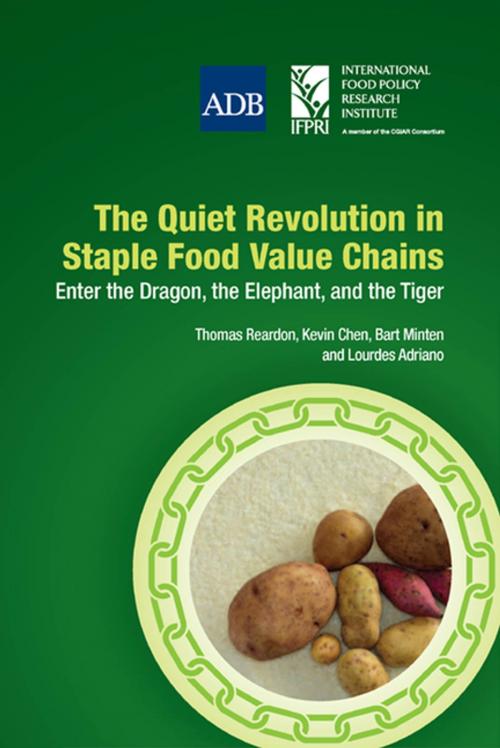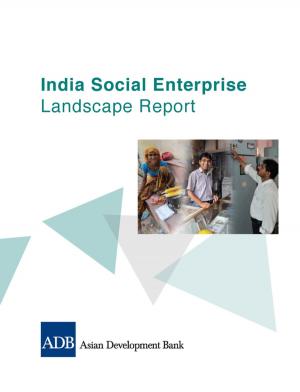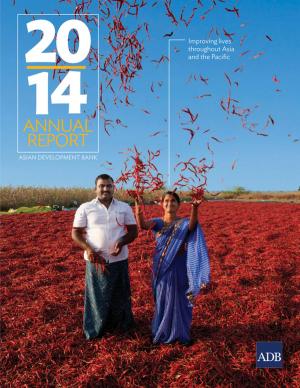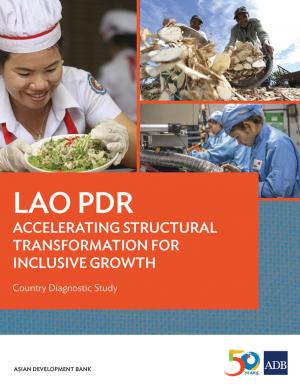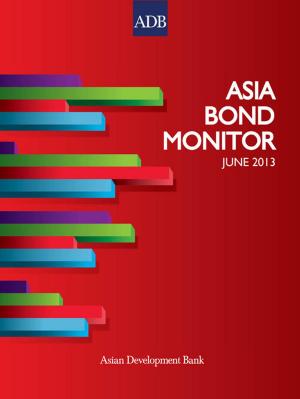The Quiet Revolution in Staple Food Value Chains
Business & Finance, Economics, Sustainable Development, Economic Development| Author: | Asian Development Bank | ISBN: | 9789290929116 |
| Publisher: | Asian Development Bank | Publication: | December 1, 2012 |
| Imprint: | Asian Development Bank | Language: | English |
| Author: | Asian Development Bank |
| ISBN: | 9789290929116 |
| Publisher: | Asian Development Bank |
| Publication: | December 1, 2012 |
| Imprint: | Asian Development Bank |
| Language: | English |
Major changes have been occurring almost unnoticed in staple value chains in Asia. The Quiet Revolution in Staple Food Value Chains documents and explains the transformation of value chains moving rice and potatoes between the farm gate and the consumer in Bangladesh, the People’s Republic of China, and India. The changes noted are the rapid rise of supermarkets, modern cold storage facilities, large rice mills, and commercialized small farmers using input-intensive, mechanized technologies. These changes affect food security in ways that are highly relevant for policymakers across Asia—the rise of supermarkets provides cheaper staples, more direct relations in the chains combined with branding have increased traceability, and the rise of cold storage has brought higher incomes for potato farmers and all-season access for potato consumers. The book also joins two debates that have long been separate and parallel—food industry and agribusiness development and market competitiveness—with the food security and poverty alleviation agend
Major changes have been occurring almost unnoticed in staple value chains in Asia. The Quiet Revolution in Staple Food Value Chains documents and explains the transformation of value chains moving rice and potatoes between the farm gate and the consumer in Bangladesh, the People’s Republic of China, and India. The changes noted are the rapid rise of supermarkets, modern cold storage facilities, large rice mills, and commercialized small farmers using input-intensive, mechanized technologies. These changes affect food security in ways that are highly relevant for policymakers across Asia—the rise of supermarkets provides cheaper staples, more direct relations in the chains combined with branding have increased traceability, and the rise of cold storage has brought higher incomes for potato farmers and all-season access for potato consumers. The book also joins two debates that have long been separate and parallel—food industry and agribusiness development and market competitiveness—with the food security and poverty alleviation agend
